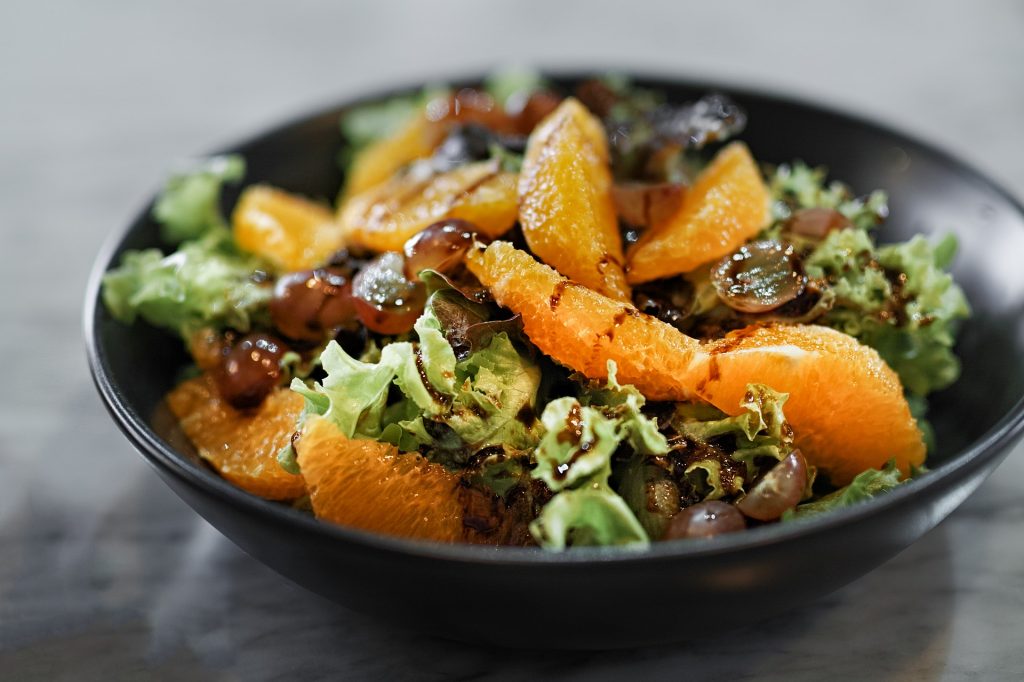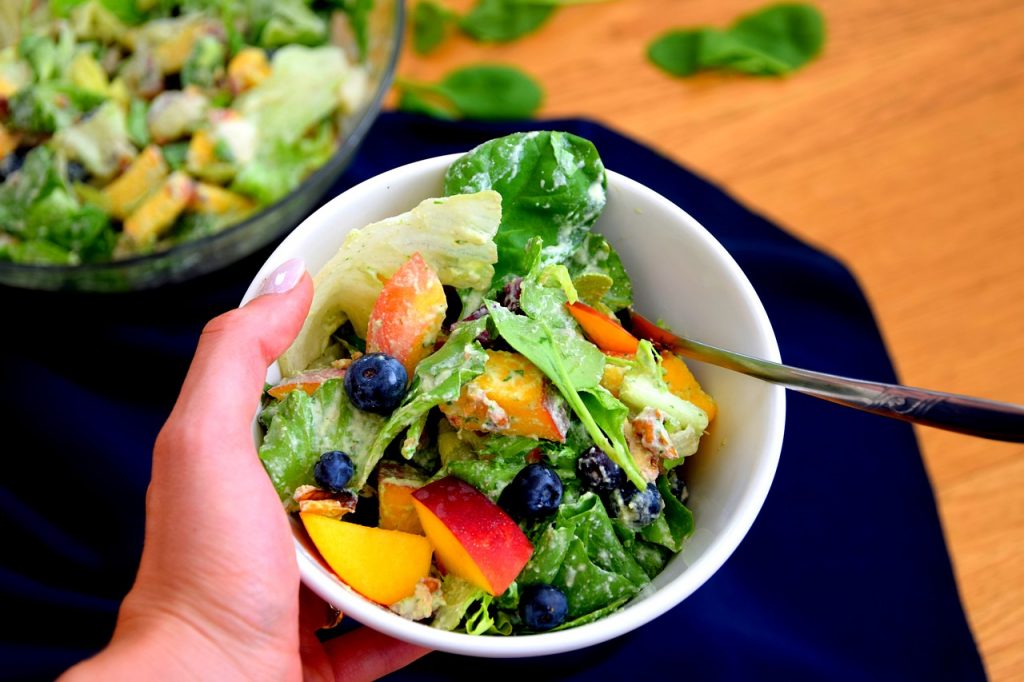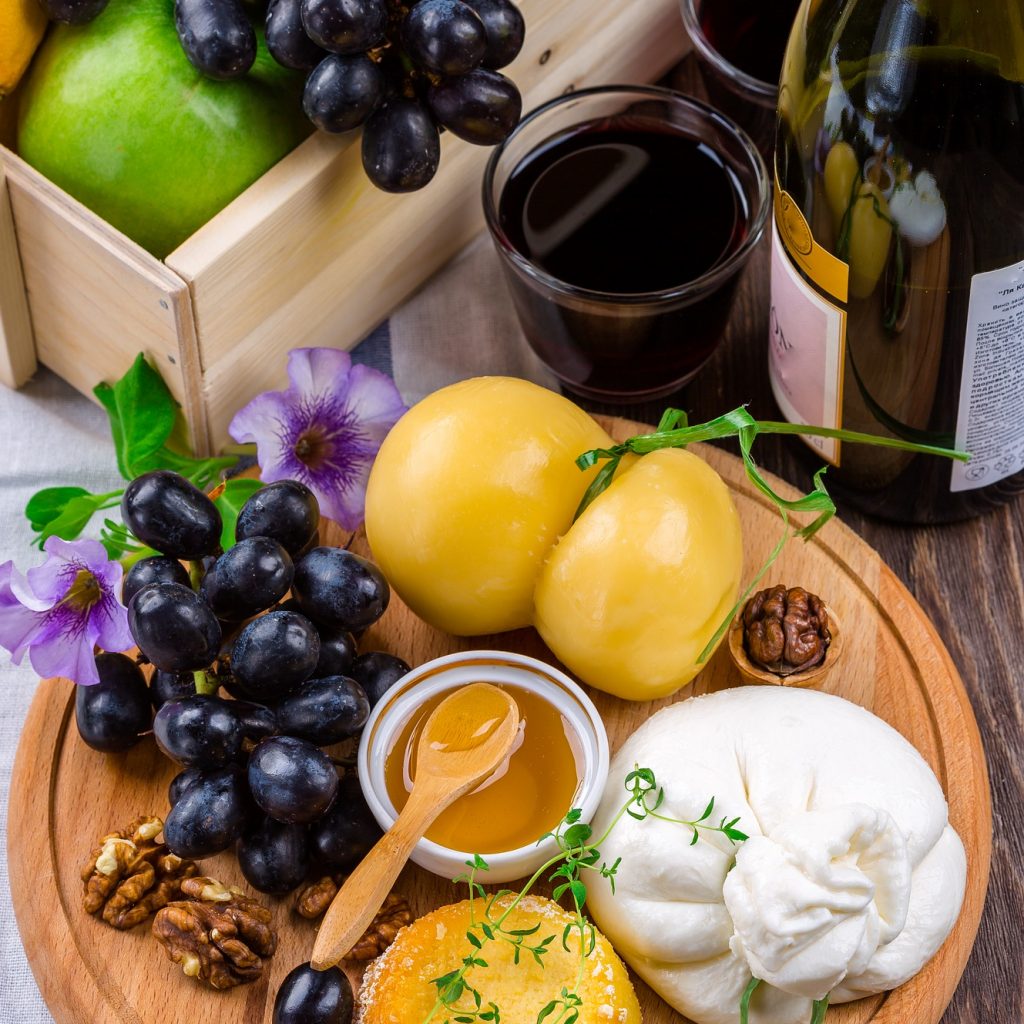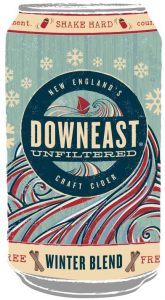 More and more of our beers are showing up in the paperboard packaging, which means “NO PLASTIC RINGS!” Help support the companies that are transitioning away from plastics, like Stone Brewing. Here is a description of their latest Hazy IPA offering.
More and more of our beers are showing up in the paperboard packaging, which means “NO PLASTIC RINGS!” Help support the companies that are transitioning away from plastics, like Stone Brewing. Here is a description of their latest Hazy IPA offering.
This is a unique IPA! There is a lot of flavor intensity throughout this beer… especially for a 4% ABV IPA. Stone Brewing is known for big beers with ample alcohol, but we have also made beers just as flavorful at a lower ABV and this beer is a shining example. Steve Gonzalez, Senior Manager of Small Batch Brewing and Innovation has been experimenting over the last few years with some different yeast strains, especially a centuries-old – but just recently more available – Norwegian strain called Voss Kveik Ale yeast. This very warm fermented yeast produces intense orange citrus notes, which work perfectly with the intense fruit aromas and flavors of Mosaic and Citra hops. We are excited to kick off another great beer year with this new release!


 Littleton Food Co-op is working with locally-owned Pearl Lake Distributors to bring Cooperatively-sourced Organic Italian wines to our shelves. Cantina di Montecarotto (shortened to Moncaro) was formed by some family farmers in 1964 to share resources and growing techniques. Eventually they opened what is now the original Moncaro winery in the 70’s, and have since expanded to 3 wineries.
Littleton Food Co-op is working with locally-owned Pearl Lake Distributors to bring Cooperatively-sourced Organic Italian wines to our shelves. Cantina di Montecarotto (shortened to Moncaro) was formed by some family farmers in 1964 to share resources and growing techniques. Eventually they opened what is now the original Moncaro winery in the 70’s, and have since expanded to 3 wineries.


 Downeast Ciders are one of the Co-op’s most popular hard ciders, in part because they are unfiltered. Arriving this week is their Winter Blend seasonal, just in time for our first snowfall.
Downeast Ciders are one of the Co-op’s most popular hard ciders, in part because they are unfiltered. Arriving this week is their Winter Blend seasonal, just in time for our first snowfall.





